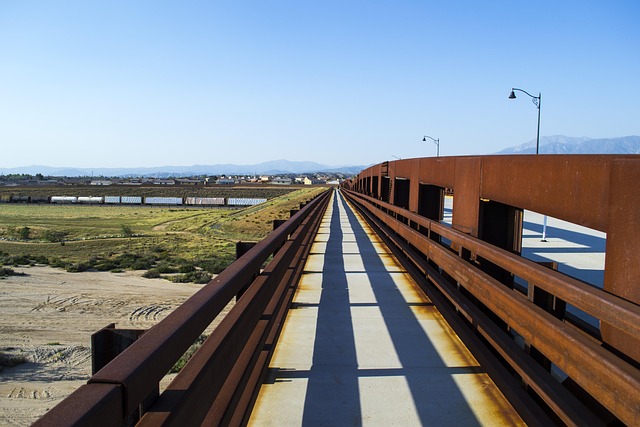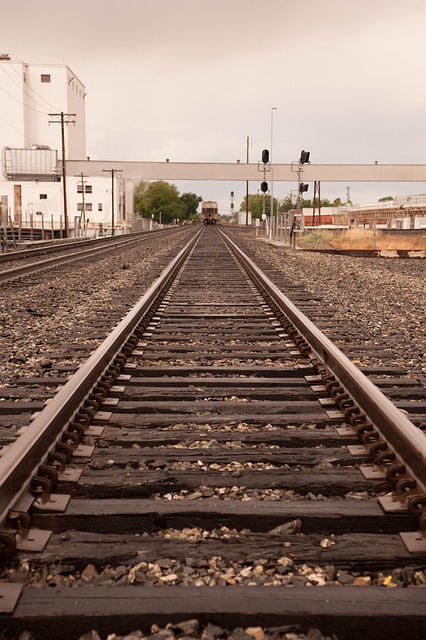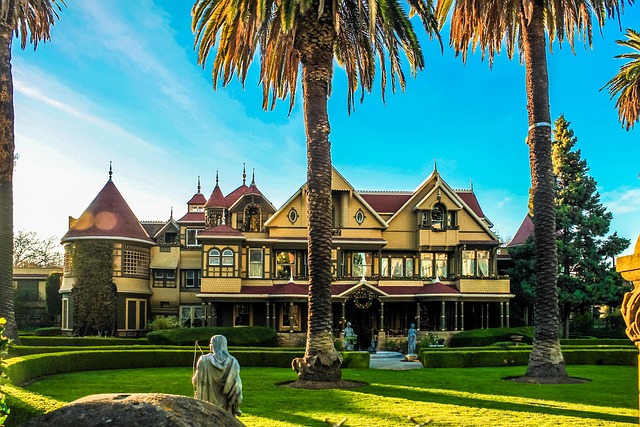Clergy sexual abuse in Los Angeles presents complex challenges marked by power imbalances and emotional manipulation. Victims can reclaim justice by recognizing patterns, connecting with experienced clergy abuse attorneys in Los Angeles, and understanding their legal rights. These professionals guide survivors through California's statutes, facilitating civil lawsuits and compensation while holding perpetrators accountable. Choosing the right clergy abuse attorney is crucial for navigating legal complexities, with empathetic support and clear communication being key attributes. Reporting abuse and seeking expert legal guidance are vital steps towards justice and healing, complemented by Los Angeles' supportive resources, including non-profit organizations and peer groups.
Finding Justice and Support: Legal Aid for Victims of Clergy Sexual Abuse in LA
Clergy sexual abuse is a deeply traumatic experience, often shrouded in secrecy. In Los Angeles, California, victims are stepping forward to seek justice and healing. This comprehensive guide aims to empower those affected by providing insights into their legal rights and options. From recognizing red flags and understanding the unique dynamics of clerical abuse, to finding the right attorney and navigating the legal process, this article offers a roadmap for survivors seeking closure and accountability.
Understanding Clergy Sexual Abuse: Recognizing the Patterns and Red Flags

Clergy sexual abuse is a sensitive and complex issue that often involves power dynamics, trust betrayal, and emotional manipulation. Recognizing patterns and red flags is crucial for victims seeking justice in Los Angeles, CA. Many cases involve recurring themes such as isolated settings, coercion or threats, and manipulation of religious authority. Victims may exhibit behavioral changes, including anxiety, depression, post-traumatic stress disorder (PTSD), and substance abuse.
Attending to these signs promptly is essential, as victims may struggle in silence for years due to shame, fear, or feelings of helplessness. If you or someone you know has experienced clergy sexual abuse in Los Angeles, connecting with experienced clergy abuse attorneys can be a critical step towards healing and accountability. These specialists have the knowledge and resources to guide victims through legal processes, ensuring their rights are protected while pursuing justice for the harm they’ve suffered.
The Legal Rights of Victims: What to Expect When Seeking Justice in LA

When seeking justice for clergy sexual abuse in Los Angeles, it’s crucial to understand your legal rights and what to expect from the process. Victims have a right to pursue legal action against their abusers, and with the help of experienced clergy abuse attorneys in LA, they can navigate the complexities of the law. These professionals are well-versed in California’s statutes regarding sexual misconduct within religious organizations and can guide victims through filing civil lawsuits, seeking compensation for damages, and holding perpetrators accountable.
Victims can expect a thorough review of their case by their attorney, which may involve gathering evidence, interviewing witnesses, and constructing a solid legal argument. The process can be lengthy, but with dedicated representation, survivors can access justice and receive the support they need to heal from their traumatic experiences.
Choosing the Right Attorney: Qualities and Expertise for Your Case

Choosing the right attorney is a crucial step in navigating the complex legal process after experiencing clergy sexual abuse in LA. Look for clergy abuse attorneys with a proven track record in handling similar cases. Expertise and experience in this specific area of law are essential to understand the unique challenges and applicable laws surrounding these sensitive matters.
Victims deserve lawyers who possess not only strong advocacy skills but also empathy and sensitivity towards their traumatic experiences. The best attorney for this situation should be able to provide a supportive environment, offer clear communication, and guide clients through every step of the legal journey.
Navigating the Legal Process: Steps to Take After Reporting Clerical Abuse
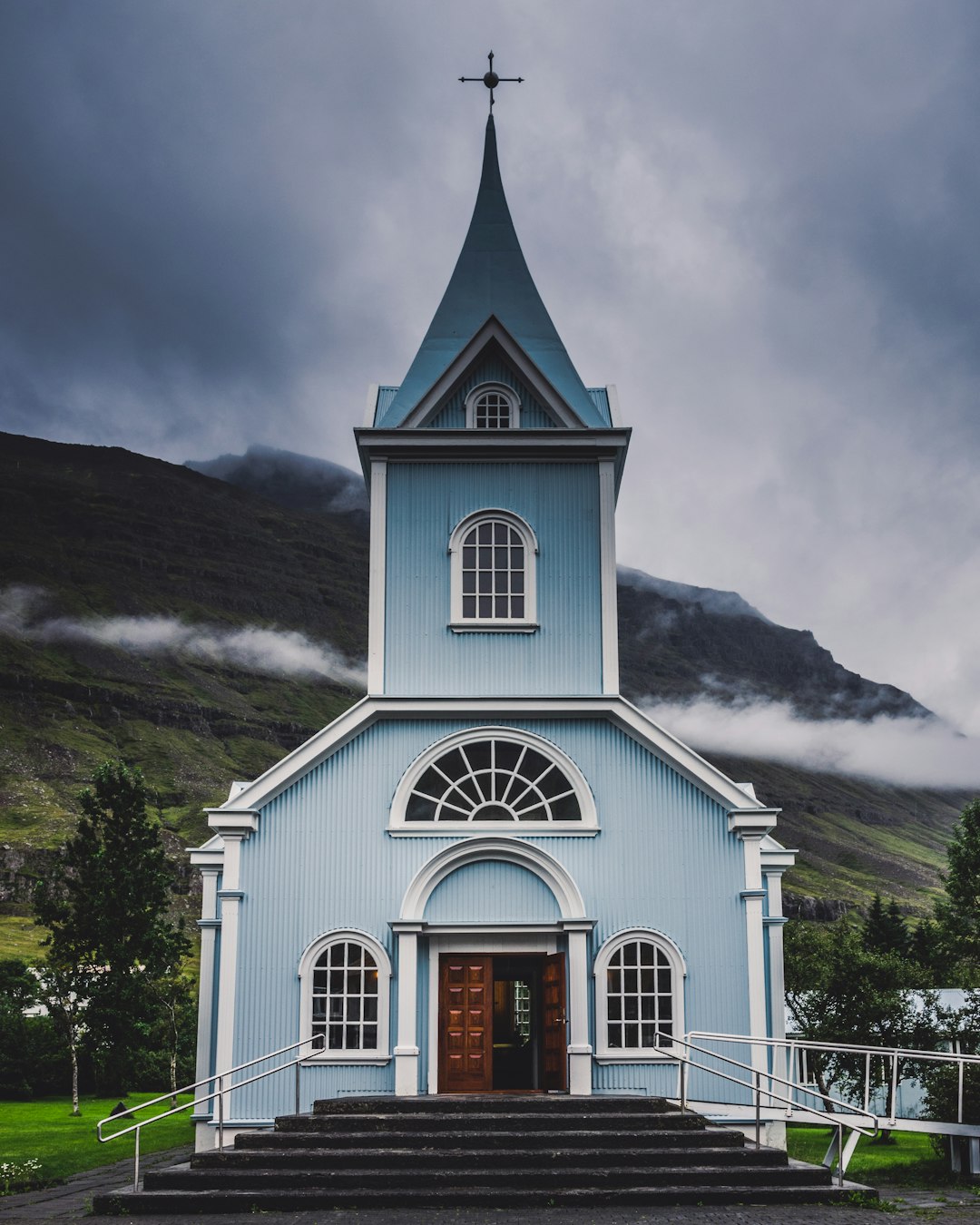
Navigating the legal process after reporting clerical abuse can be daunting, but with the right support, victims in Los Angeles, CA, can find justice and healing. The first step is to report the abuse to local law enforcement or a recognized religious authority, ensuring all evidence and details are documented meticulously. This includes any supporting witnesses, medical records, or digital evidence.
Once reported, it’s crucial to consult with experienced clergy abuse attorneys in Los Angeles, CA. These specialists can guide victims through the legal system, ensuring their rights are protected. They will help draft formal complaints, gather necessary documentation, and potentially pursue litigation against the responsible parties. Supportive counseling is also vital during this time to assist victims in processing their experiences and making informed decisions regarding their legal options.
Support Resources for Survivors: Healing and Recovery Beyond Legal Action
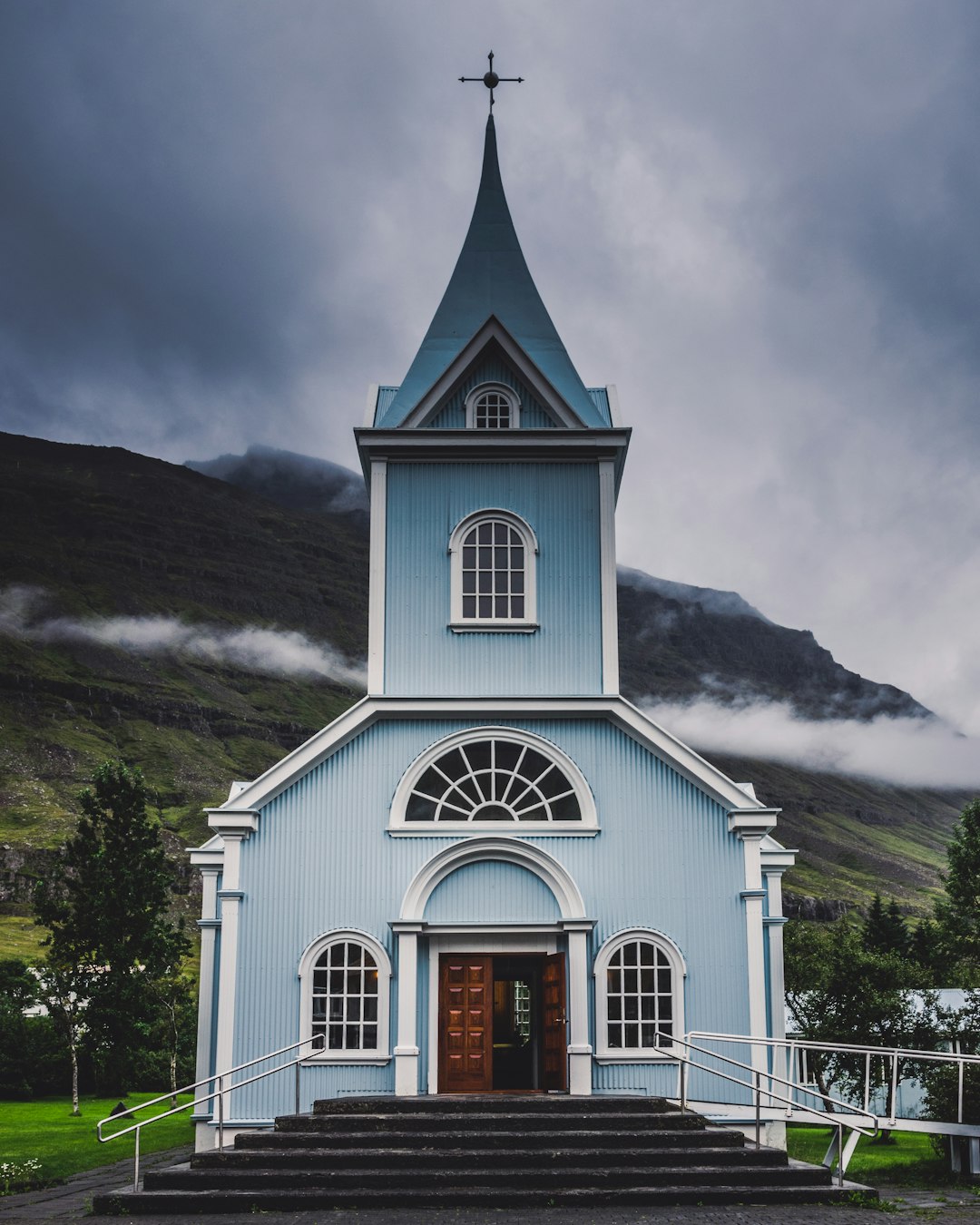
For survivors of clergy sexual abuse, seeking legal help is a crucial step in the journey to justice and healing. However, beyond the courtroom, there are numerous support resources available in Los Angeles, CA, tailored to aid individuals in their recovery process. Many non-profit organizations and support groups have been established to provide a safe space for victims to share their stories, connect with peers, and access mental health services. These organizations often offer counseling, therapy, and community support, recognizing that healing is a complex and multifaceted process.
Clergy abuse attorneys in Los Angeles understand the importance of this holistic approach to recovery. They collaborate with local support networks to ensure that victims receive comprehensive care. By combining legal advocacy with emotional support resources, survivors can navigate their path to justice while also focusing on their long-term healing and well-being. This collaborative effort is vital in fostering a culture where clergy sexual abuse is addressed with the care and sensitivity it demands.


